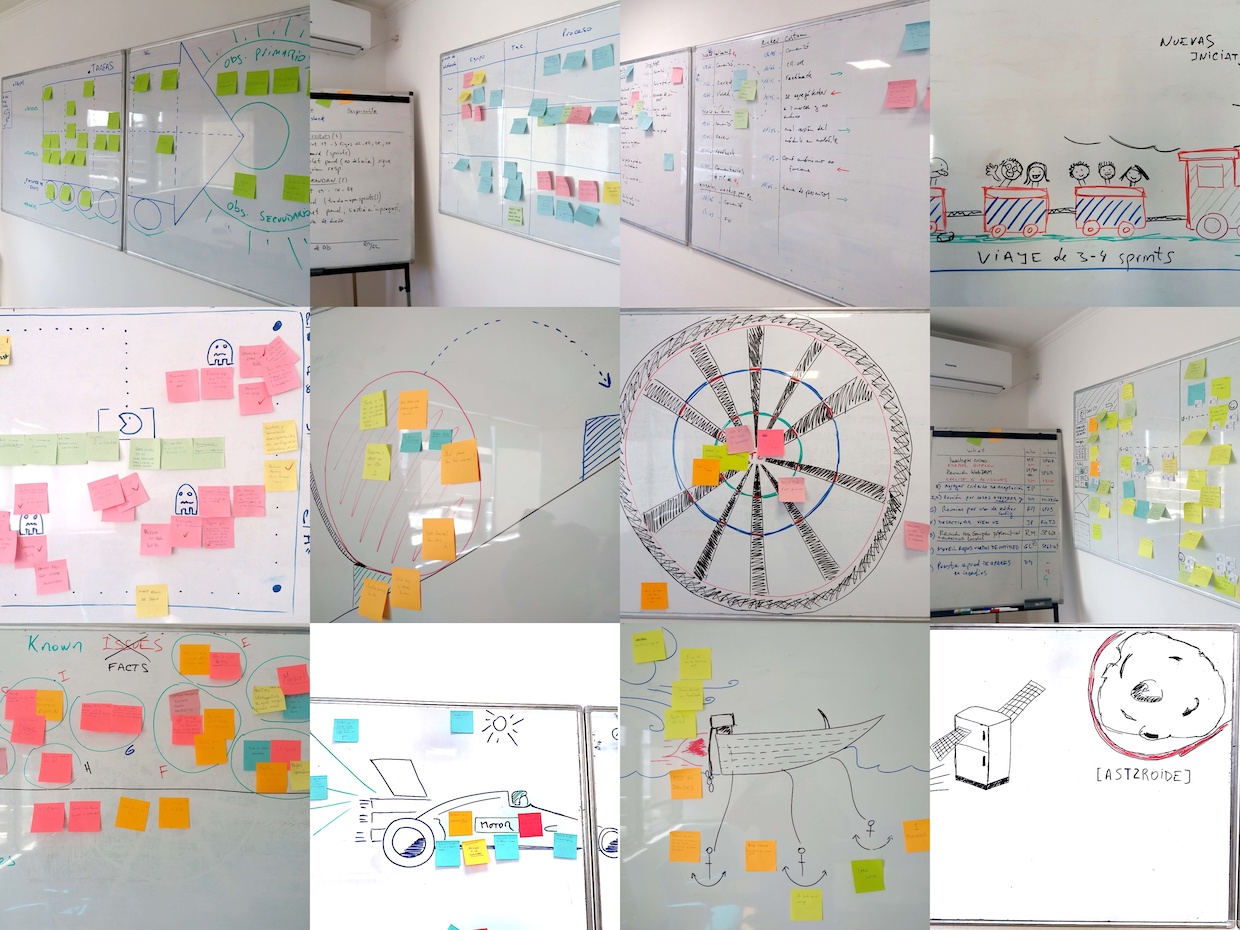The Effect of Agile Design on Modern Product Growth
페이지 정보
작성자Alex 댓글댓글 0건 조회조회 10회 작성일 24-11-18 04:13본문
 Intro
IntroToday's hectic market demands flexibility, and Agile Style goes to the leading edge of producing user-centered, adaptable products. By combining dexterous methodologies with a design-led way of thinking, Agile Layout motivates groups to generate products faster, maximize for quality, and adapt to customer needs. Services seeking to stay competitive advantage significantly from taking on Agile Style concepts.
Agile Layout Explained
Agile Design integrates agile techniques with style thinking. It leverages the dexterous growth structure's repetitive method, prioritizing fast responses cycles and user-focused changes. This framework allows style and growth groups to evaluate, adjust, and improve their products successfully.
Core Aspects of Agile Style
Empathy for Users: A basic facet of Agile Design is compassion, making certain that products attend to customers' authentic demands. This state of mind drives the whole design process.
Prototyping and Examining: By developing rapid prototypes, teams can promptly validate concepts. Testing these models aids them make modifications, which can reduce the likelihood of pricey blunders.
Collaborative Society: Agile Layout grows on a joint setting. Cross-functional groups, including designers, programmers, and stakeholders, interact to make enlightened decisions.
Flexibility: Agile Design emphasizes the ability to pivot and make changes as insights from screening and user comments can be found in.
Advantages of Utilizing Agile Layout
Agile Style accelerates development timelines, allowing teams to swiftly release versions that can be iterated upon. This process creates a much faster path to individual responses, enhancing the item's use and significance.
Steps to Implement Agile Style
To begin, bring all groups with each other from the job's creation. Usage short style sprints to focus on certain functions, permitting fast prototyping and feedback. This strategy will certainly lead to a product that is not just useful however also user-centric and top quality.
Today's hectic market needs adaptability, and Agile Design is at the center of creating user-centered, flexible products. By combining dexterous techniques with a design-led mindset, Agile Style urges teams to produce products much faster, maximize for quality, and adapt to individual demands. Organizations looking for to remain affordable benefit substantially from adopting Agile Design principles.
Agile Design incorporates dexterous practices with style thinking.
댓글목록
등록된 댓글이 없습니다.
